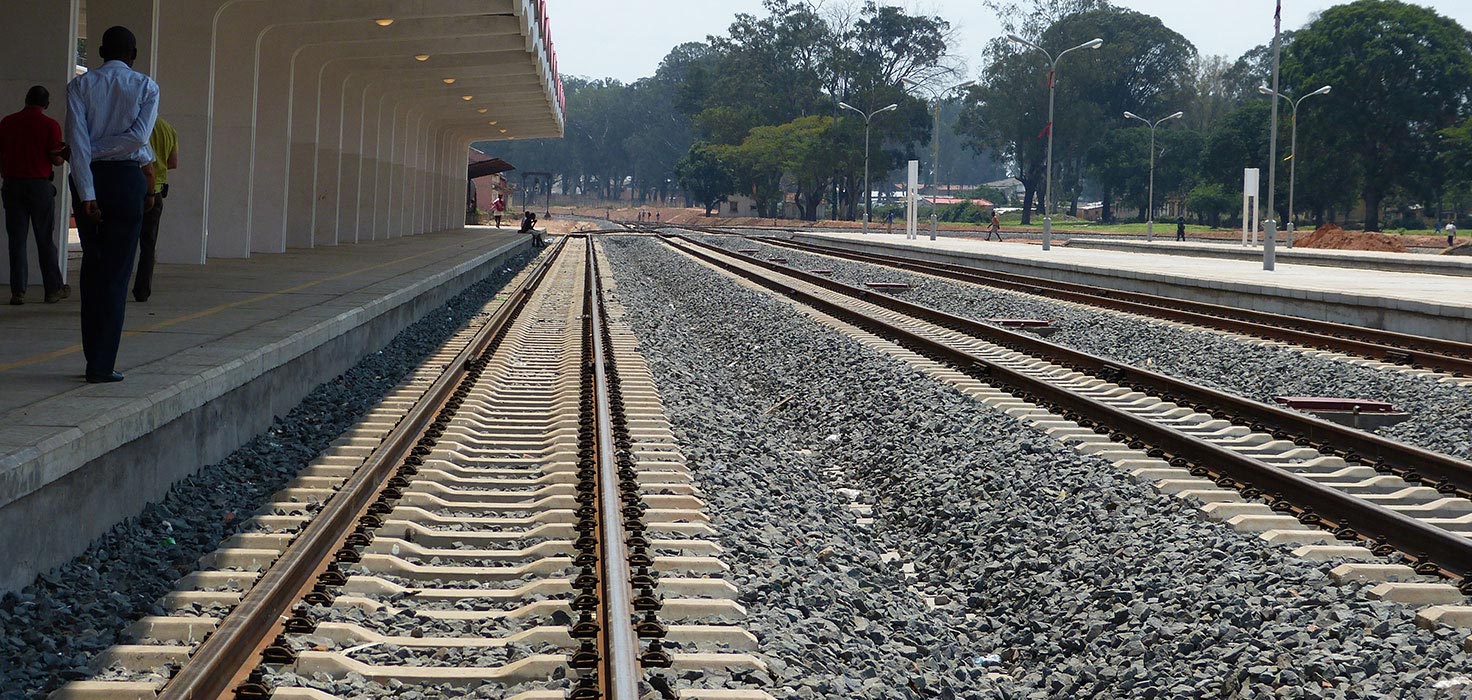


In a significant development for Nigeria's infrastructure, Chinese state lenders have approved a €245 million (approximately US$253.7 million) loan to revive the Kaduna-Kano rail project, which had been stalled since 2020. This railway spans 203 kilometers (126 miles) and connects the cities of Kaduna and Kano, with the total project cost estimated at US$1.2 billion, of which China will cover 85% of the financing [06fd0d5e]. The announcement was made during Chinese Foreign Minister Wang Yi's recent visit to Africa, underscoring China's ongoing commitment to infrastructure development on the continent [06fd0d5e].
This revival reflects China's pragmatic approach to development financing, signaling a strategic shift towards 'small yet smart' projects that can deliver tangible benefits to local economies [06fd0d5e]. The Kaduna-Kano rail project is part of China's broader Belt and Road Initiative, which aims to enhance connectivity and trade across Africa and beyond.
In the context of increasing competition for infrastructure investments in Africa, this project aligns with China's recent pledge of US$1 billion to refurbish the Tanzania-Zambia railway (Tazara), which is also aimed at improving regional connectivity and trade capacity [83687b8b]. As China continues to invest heavily in African rail infrastructure, the US and EU are simultaneously ramping up their own initiatives, such as the Lobito Corridor project, which seeks to enhance trade routes for critical minerals [396982a7].
The Kaduna-Kano railway's revival is expected to not only improve transportation efficiency but also stimulate economic growth in the northern regions of Nigeria, highlighting the critical role of infrastructure in supporting development across Africa [06fd0d5e].